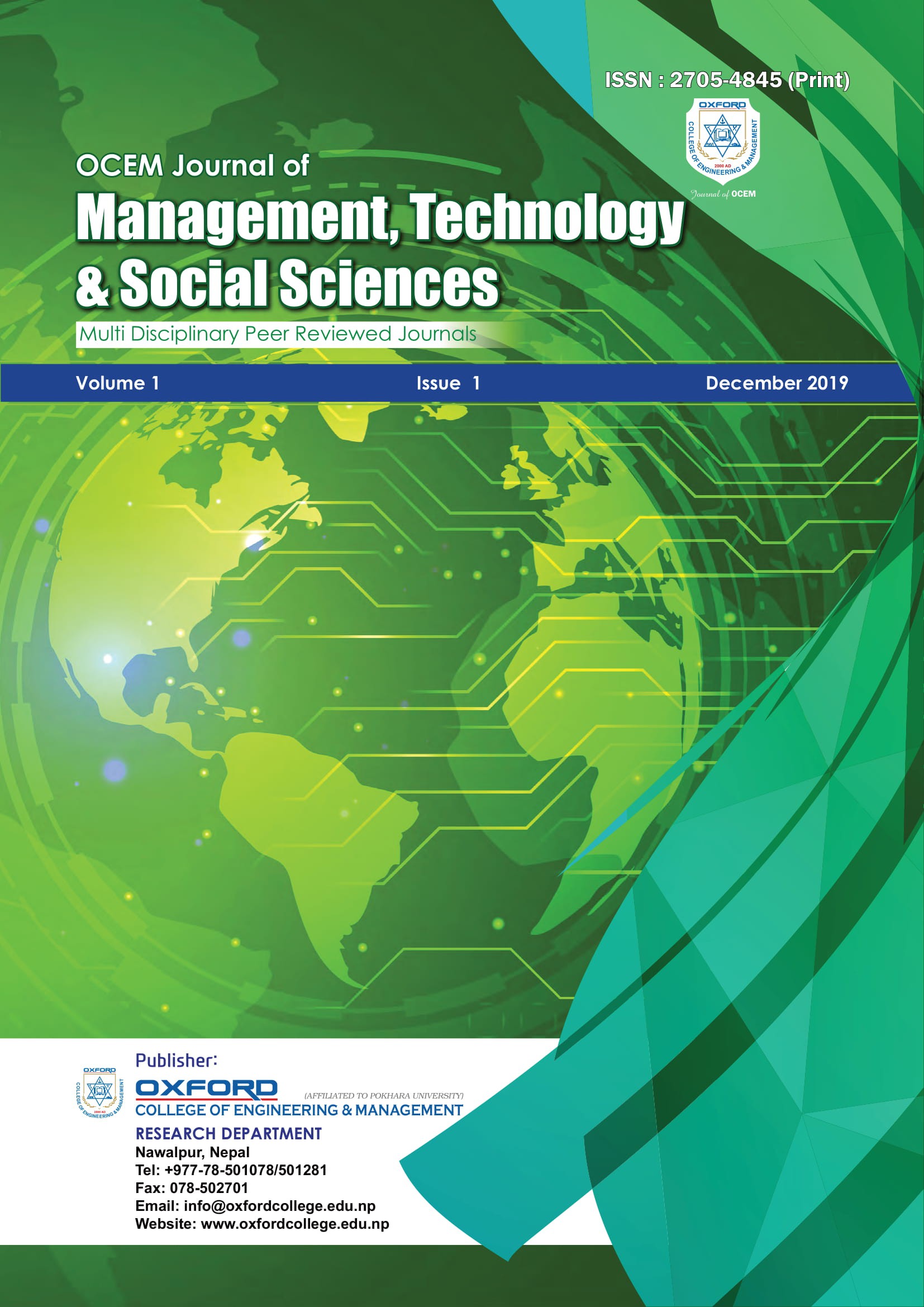
A Review of Literature on MBA-Expectations and Reality
The objective of this this review was to understand the existing knowledge on the current program of Master of Business Administration (MBA) in the global context. The next objective was to find out the knowledge gap between the existing knowledge and skills delived by the MBA program and the required skills demanding by the global industries and companies. The research method of this study was based on reviewing method. The reviewed journal articles were entitled “the Journal of Higher Education Policy and Management, Academy of Management Learning & Education, Journal of Applied Psychology, Journal of Leadership Education, Academy of Management Review, Journal of Business Ethics, Journal of Management Development, Consulting Psychology Journal: Practice and Research, Innovative Marketing, Women in Management Review, Journal of Public Policy & Marketing, Nursing Management (Springhouse) and Human Resource Development Review” The results highlighted that more than ten (n=20) articles were reviewed to understand the knowledge gap between the delivered skills by the current MBA and require managerial skills demanding by the global industries and companies. The reviewed results highlighted that MBA programs need to set of pedagogical practices to teach leadership in a global context that value awareness, reflection and development of the leadership skills. The results also indicate that many graduate students from reputed business schools were unable to shows integrative thinking as compare to undergraduates from other domains. The results also confirmed that most of the business courses and schools were being criticized to make money for the University and their professors and there was a little relevance of the output on career development and managerial practices. The results also highlighted that students were not aware of what they needed to do after complication of the MBA Degree and they lack of technical and human skills which made them confused toward their conceptual skills to use at appropriate time during their professional work. In addition, the results also show that the scholars were not happy with the pedagogy of delivering the MBA degree skills. The implication of this study will be useful to academicians and MBA course designers to reform the existing courses to meet the current global demand of leader’s skills to employ at global companies and industries in future. The limitation of this study was the reviewed of the imitated number of journal articles which does not guarantee for the generalization of the findings in the similar context in future. It is recommended that the future research needs to focus to review the most cited published journal articles to deepen the knowledge gap between the existing managerial skills delivered by the MBA program and the required skills demanding by the global companies and industries.
Keywords: Master of business Administration, review, knowledge gap, MBA course, global required leadership skills.
